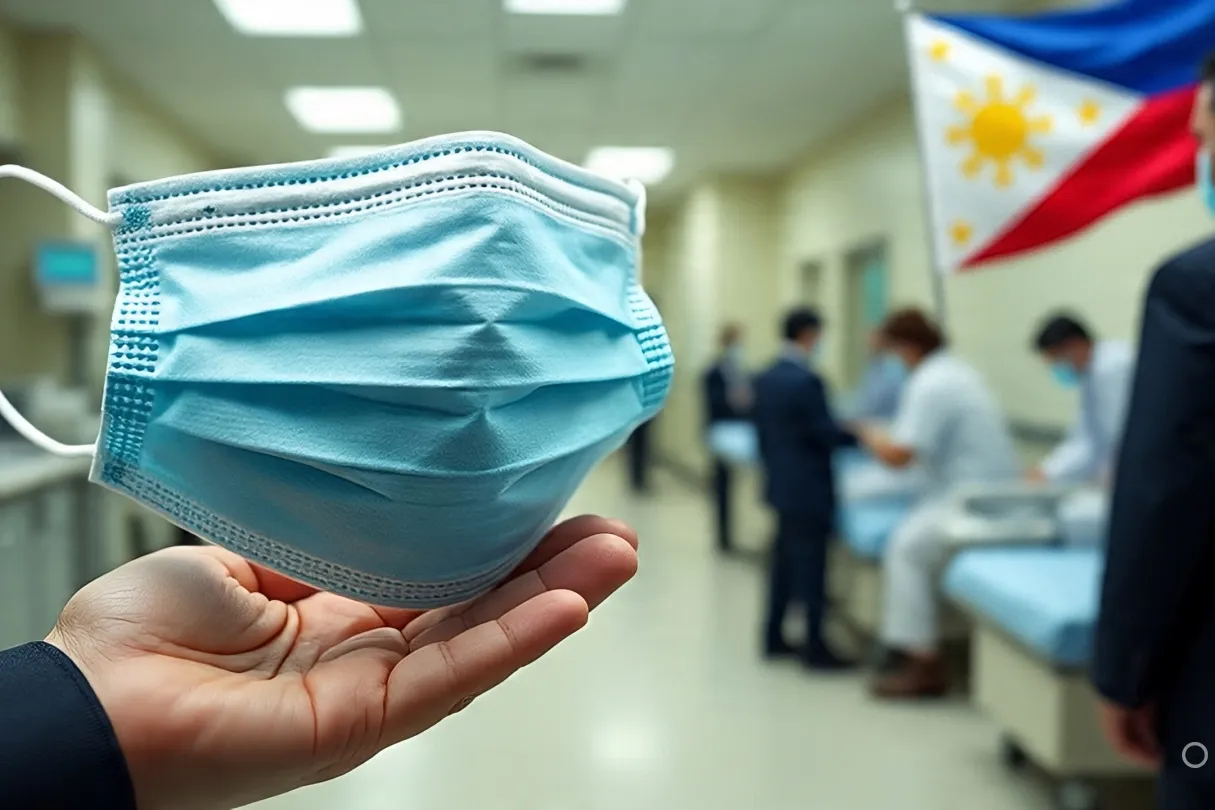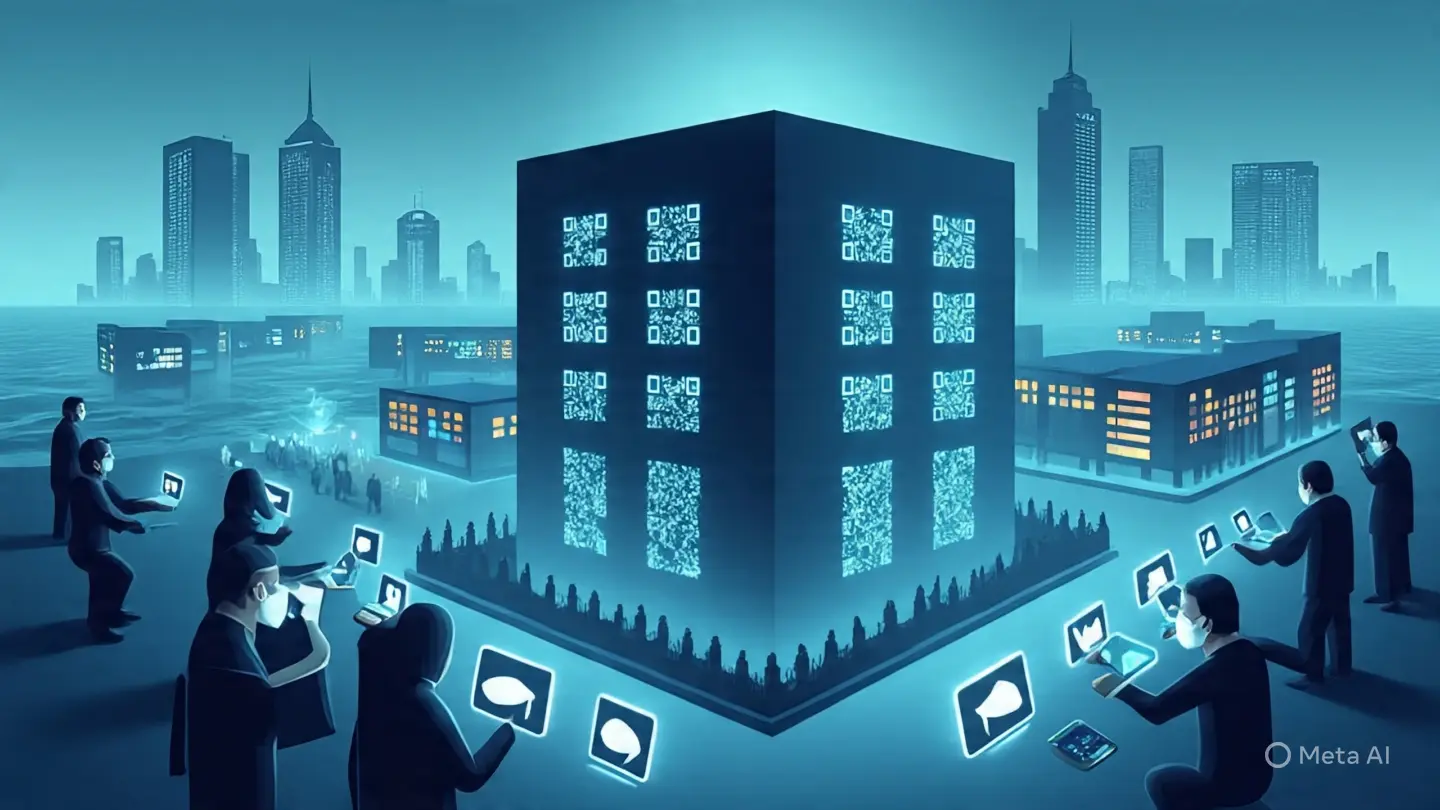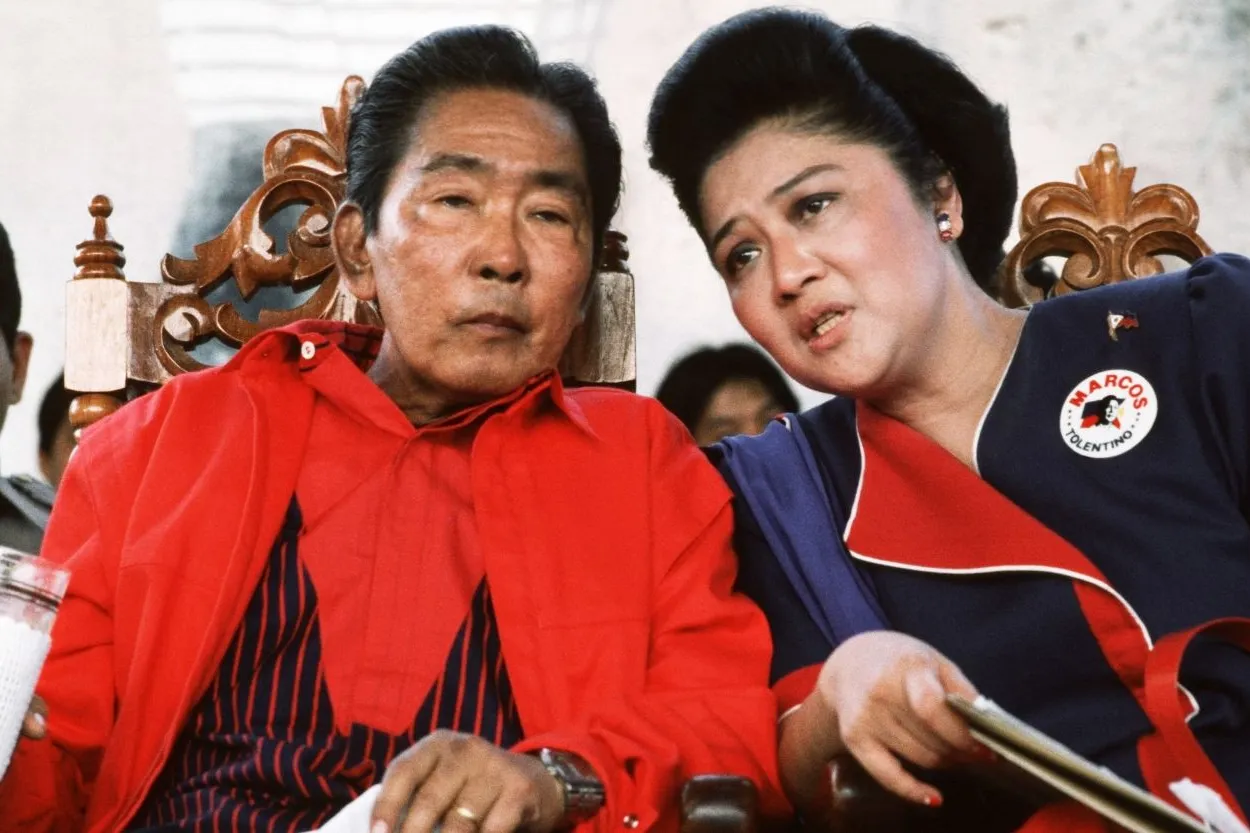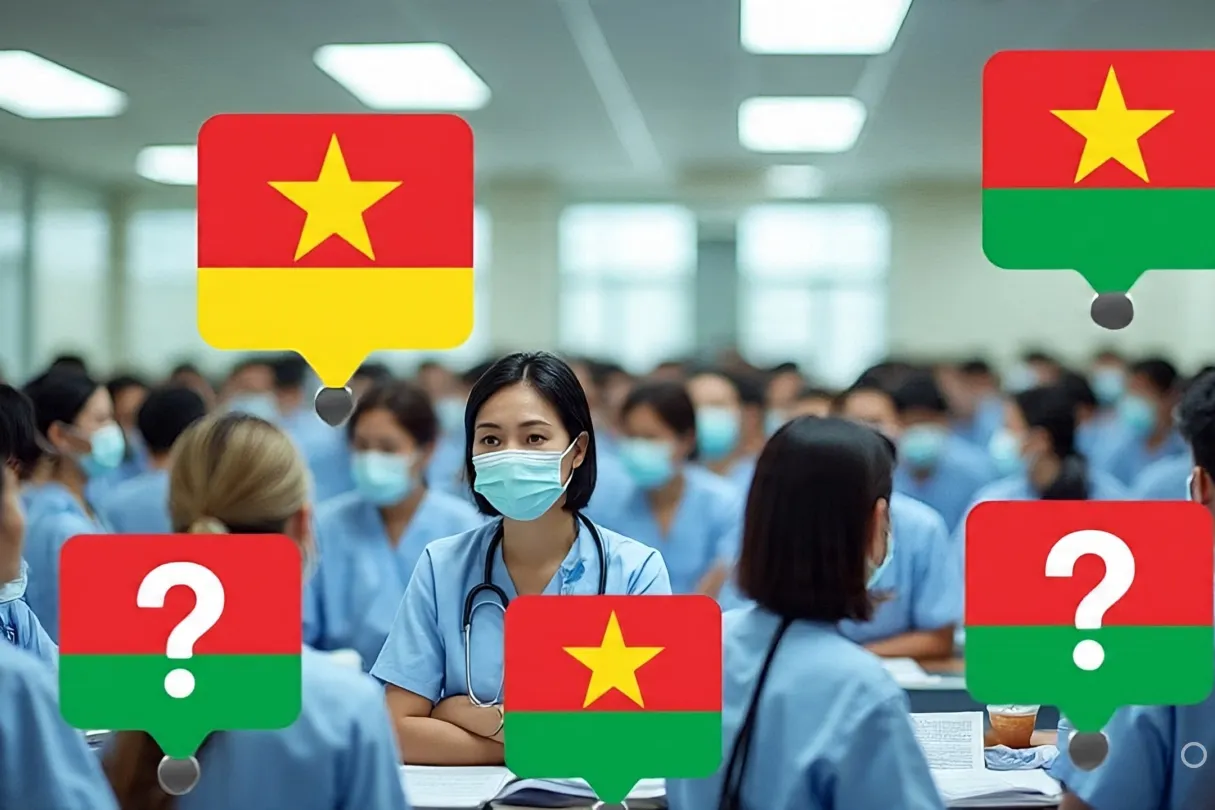🦠 Dissecting the Pharmally Scandal
At the height of the COVID-19 pandemic, the world was gripped by a collective fear. In the Philippines, this fear was palpable in the deserted streets, the overwhelmed hospitals, and the anxious eyes of citizens peering over their face masks. It was a time of unprecedented crisis, demanding unity, sacrifice, and above all, integrity from its leaders.
- 🦠 Dissecting the Pharmally Scandal
- 🧐 An Unlikely Victor: Who Was Pharmally?
- ⚙️ The Anatomy of a Scandalous Deal
- 🕸️ Tracing the Political Connections
- ⚖️ Under the Microscope: The Senate Hearings
- 💔 Voices from the Frontlines and Experts
- 🌍 A Global Plague: Pandemic Corruption Worldwide
- ❓ The Sound of Silence: Accountability Denied
- 🖋️ A Sickness Deeper Than the Virus
Yet, it was precisely during this moment of profound national vulnerability that one of the most audacious corruption controversies in recent history unfolded. This is the story of the Pharmally scandal, a saga of how a small, obscure, and grossly undercapitalized company became the government’s biggest supplier of pandemic essentials, bagging billions of pesos in contracts.
This investigative piece will dissect the mechanics of this shocking deal, tracing the web of connections that linked Pharmally to the highest echelons of power. We will revisit the explosive Senate hearings that exposed the rot, contrast the Philippine experience with how other nations handled pandemic-era corruption, and listen to the voices of the healthcare workers who were betrayed on the frontlines.
Finally, we will confront a deeply unsettling question: Did the Pharmally scandal prove that even when Filipino lives were on the line, the sickness of political patronage and greed was a far more potent force than the call to public service?
🧐 An Unlikely Victor: Who Was Pharmally?
Before it became a household name for all the wrong reasons, Pharmally Pharmaceutical Corporation was a complete unknown. Registered with the Securities and Exchange Commission (SEC) in 2019, it was a newcomer with no track record in manufacturing or supplying medical equipment.
The most glaring red flag, which would later become a central point of the investigation, was its financial standing. The company was established with a paid-up capital of just ₱625,000, an amount laughably insufficient for any serious business venture, let alone one that would handle multi-billion peso government contracts.
In the world of government procurement, a company’s financial capacity is a cornerstone of due diligence, a measure of its ability to deliver on its commitments without failing.
Yet, in 2020, this financial minnow swam among whales and emerged as the biggest fish. The government, through its centralized procurement arm, awarded Pharmally contracts worth an estimated ₱11 billion to ₱12 billion. It was a deal of staggering proportions that defied all business logic.
This immediately raised questions from auditors and a few vigilant lawmakers. How could a company with less than a million pesos in capital, no experience, and no manufacturing facilities of its own, be entrusted with sourcing and delivering life-saving materials for an entire nation? The answer was not in its business acumen, but in something far more valuable: connections.
⚙️ The Anatomy of a Scandalous Deal
To understand the Pharmally scandal, one must first understand the mechanism that made it possible: emergency procurement. In response to the COVID-19 crisis, the Philippine government enacted laws, such as the Bayanihan to Heal as One Act, which temporarily suspended the stringent requirements of the Government Procurement Reform Act.
This was done under the pretext of speed and urgency, arguing that the standard, lengthy bidding processes would cost lives by delaying the arrival of critical supplies. This suspension of rules created a perfect storm for abuse, removing crucial checks and balances and opening the floodgates for negotiated contracts awarded with minimal scrutiny.
The central agency in this process was the Procurement Service of the Department of Budget and Management (PS-DBM). Instead of various government agencies procuring their own supplies, the PS-DBM was tasked with buying in bulk on their behalf. It was this agency that entered into a series of massive contracts with Pharmally.
Investigations later revealed that the supplies, particularly face masks and face shields, were purchased at prices significantly higher than the prevailing market rates at the time. While frontliners were pleading for more PPEs, the government was allegedly buying them at inflated prices from an unqualified supplier.
The emergency that was meant to save lives became the very justification for a deal that reeked of impropriety and immense potential loss of public funds.
🕸️ Tracing the Political Connections
The spectacular rise of Pharmally was not a stroke of luck; it was a product of influence. The Senate Blue Ribbon Committee hearings painstakingly unraveled a web of connections that linked the obscure firm directly to the inner circle of then-President Rodrigo Duterte.
The central figure in this web was Michael Yang, a Chinese businessman who had served as a presidential economic adviser. It was revealed that Yang had acted as a financier and guarantor for Pharmally, effectively vouching for the small company and enabling its multi-billion peso transactions with the government. His name was repeatedly mentioned during the hearings, with Pharmally executives admitting to seeking his help.
The principal figures behind Pharmally itself were also subjects of intense scrutiny. The company was run by foreign nationals with links to other businesses and individuals also connected to Michael Yang. Key executives, who were young and had no prior experience in government procurement, were suddenly negotiating deals worth billions. One director was even wanted in Taiwan for financial crimes.
This cast further doubt on the due diligence, or lack thereof, performed by the PS-DBM.
The emerging picture was not of a legitimate business transaction, but of a carefully orchestrated scheme. A shell company appeared to be used as a vehicle, propped up by powerful political patrons to corner a lucrative government market during a time of national desperation.
The president at the time publicly defended both his adviser and the Pharmally deal, attacking the senators leading the probe and ordering his cabinet members to ignore the hearings. This move only fueled public suspicion of a massive cover-up.
⚖️ Under the Microscope: The Senate Hearings
For months, the nation was riveted by the Senate Blue Ribbon Committee hearings. Broadcast live, they felt like a real-time political thriller and became the primary venue for accountability, methodically dissecting the deals and putting key players on the hot seat.
Under the relentless questioning of senators, the facade of a legitimate business deal began to crumble. Viewers witnessed a parade of evasive officials, contradictory testimonies, and moments of high drama.
Pharmally executives initially denied their connections to Michael Yang, only to recant their statements later. They struggled to explain how they financed their massive importations, leading to admissions of borrowing planes and receiving financial backing from well-connected figures.
The hearings exposed not just the questionable nature of the contracts but also the apparent complicity of officials within the PS-DBM. They failed to provide satisfactory explanations for why they chose an inexperienced, undercapitalized firm over established suppliers, or why they agreed to purchase items at inflated prices.
The tension escalated as some witnesses went into hiding, fearing for their safety, while others were cited for contempt and detained in the Senate for giving false or evasive testimony.
The committee eventually concluded that the president had betrayed the public trust and that plunder had been committed. The hearings provided a damning and comprehensive account of the Pharmally scandal, laying out the evidence for all to see.
But the question of legal consequence remained ominously unanswered.
💔 Voices from the Frontlines and Experts
While billions were being funneled to Pharmally, the reality on the ground for healthcare workers was grim. They were the soldiers in this war against the virus, yet they felt abandoned and betrayed.
🩺 The View from the Hospital Ward
For Filipino doctors, nurses, and medical staff, the news of the Pharmally scandal was a collective slap in the face. Their reactions ranged from sheer disbelief to white-hot anger.
- 😡 Righteous Anger: Many felt enraged that while they were risking their lives, forced to reuse N95 masks and create makeshift PPEs, a select few were profiting obscenely from their suffering.
- 😔 Deep Demoralization: The scandal crushed the morale of frontliners who were already dealing with burnout, anxiety, and the grief of losing patients and colleagues. It fostered a sense of “what’s the point?” when the system itself seemed so corrupt.
- 😢 A Sense of Betrayal: They felt that the overpriced contracts deprived them of better quality equipment, more supplies, and the hazard pay they rightfully deserved but was often delayed. They were treated as disposable heroes.
📊 The View from Procurement Experts
Procurement specialists and anti-corruption watchdogs looked at the deal with utter dismay. They pointed out that it violated every principle of good governance and sound public financial management.
- 🚩 Massive Red Flags: Experts noted that Pharmally’s lack of capital, non-existent track record, and foreign leadership should have immediately disqualified it from any major government contract.
- ✅ Failure of Due Diligence: The PS-DBM’s failure to conduct a basic background check on the company and its officials was seen as either gross incompetence or deliberate complicity.
- 💸 No Value for Money: A core tenet of procurement is securing the best possible value for public money. Buying overpriced goods from an unqualified supplier is the exact opposite of this principle.
- 🚨 Emergency as an Excuse: While emergency procurement allows for faster processes, experts argued that it does not eliminate the need for diligence, accountability, and fiscal prudence. The emergency was used as a blanket excuse to bypass all safeguards.
🌍 A Global Plague: Pandemic Corruption Worldwide
The Philippines was not alone in facing corruption during the pandemic. The sudden, massive, and urgent need for medical supplies created a global hotbed for graft and cronyism.
However, the response and accountability mechanisms in other countries offer a stark point of comparison.
This comparison highlights a critical difference. While corruption attempts were widespread, countries with stronger institutions and a political culture less tolerant of impunity saw more robust responses.
In the UK and Brazil, journalistic and parliamentary investigations led to tangible consequences. In the Philippines, despite a thorough and public Senate investigation, the accountability process hit a political wall. This left the public with a sense of injustice and a perception that the powerful are untouchable.
❓ The Sound of Silence: Accountability Denied
In the aftermath of the explosive Senate hearings, the Filipino public waited for justice. The Senate Blue Ribbon Committee released a comprehensive report recommending criminal charges, including plunder, against top government officials and the executives of Pharmally.
The evidence was laid bare, the testimonies were on record, and the trail of money had been traced.
Yet, what followed was a deafening silence. The executive branch at the time dismissed the Senate’s findings as political theater. The report struggled to gain the necessary signatures from senators to be officially adopted by the plenary, a move seen by critics as a political blockade to protect the former president and his allies.
To this day, there has been a conspicuous and suspicious lack of high-level criminal prosecutions targeting the architects of the deal. While some lower-level figures and Pharmally executives faced charges, the masterminds and their powerful protectors have largely remained unscathed.
This lack of consequence is perhaps the most tragic and infuriating chapter of the Pharmally scandal. It sends a chilling message: that in the Philippines, accountability is selective, and justice is elusive for those with powerful friends. It reinforces a deep-seated cynicism that corruption is an intractable part of the political system.
🖋️ A Sickness Deeper Than the Virus
The Pharmally scandal was more than just a case of government corruption; it was a profound moral failure that exposed a sickness deep within the body politic of the Philippines. It occurred not in the shadows, but in plain sight, during a moment of supreme national crisis when the lives of millions hung in the balance.
It demonstrated with chilling clarity that for some in power, the instinct for self-enrichment and political preservation could eclipse the fundamental duty to protect and serve the public.
The frantic efforts to defend the indefensible, to attack the investigators, and to block accountability revealed a system pathologically wired to protect its own, at any cost.
So, did political gain trump public welfare? The evidence overwhelmingly screams yes.
When frontliners were dying for lack of proper protection, a company with no qualifications but the right connections was making billions. When the nation was borrowing unprecedented sums to fund its pandemic response, a significant portion of that money was lost to overpriced goods.
The scandal proved that the rhetoric of national unity and sacrifice was, for some, merely a cover for an old and predatory political game. This was not just a failure of procurement; it was a betrayal of the social contract.
Until there is a genuine, impartial, and sweeping reckoning for the crimes committed, the wound left by the Pharmally scandal will continue to fester. It remains a painful reminder of a time when the nation battled two plagues at once: one that attacked the body, and another that poisoned the soul.




